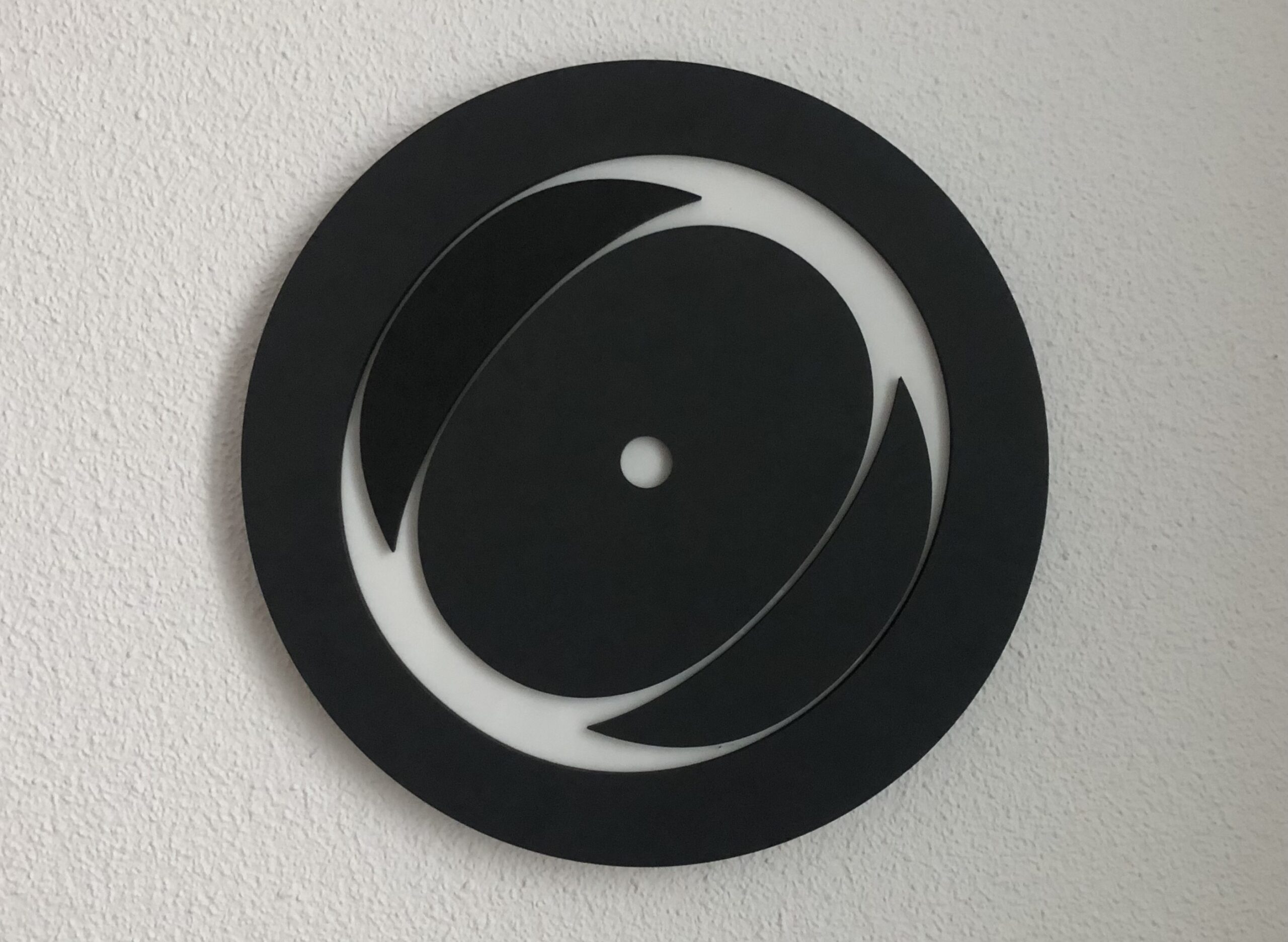In a previous article we described the essential elements that ensures a psychiatric interview can be started in good conditions. We also began to detail the content of the questions that are of interest to the psychiatrist and that should always be asked in the consultation.
Today, we will continue adding that, together with the anamnesis (history taking), doctors usually perform a physical examination of the patient, which helps them in the search for signs that support or question the diagnostic suspicions that have established during the questioning. In some way, this is equivalent to the Mental Status Examination (MSE) undertaken in psychiatry.
Mental Status Examination and Psychopathology
We cannot access the human mind with our hands or with any medical instrument (stethoscope, reflex hammer, etc). However, over the centuries, knowledge in psychopathology have developed and we have learned to identify signs that are objectively present in certain disorders. Patterns that are pathological. Examples of these signs are, for example, fluctuating lack of attention and concentration (which is typical of confusional syndromes), tachypsychia (highly suggestive of a manic episode), derailment (which is an obvious sign of formal thought disorder, characteristic of psychoses), etc.
The psychiatrist will also pay attention to some physical signs, which he or she will usually examine through a physical examination directed at those items of particular interest to him/her. For example, neurological signs such as tremor or rigidity of the limbs or endocrinological signs such as examination of the thyroid gland and skin pigmentation, among others.
Whereas the physical examination may not be recorded in the psychiatric history, unless there is something worth noting, the psychopathological examination is mandatory.
Do not be surprised if the psychiatrist asks you about behaviors or ideas that may pose a risk to you or others. The assessment of risk behaviors, particularly suicide, is an essential component of our work.
It is worth mentioning that psychopathological examination is not an exclusive area of psychiatrists, but that every doctor is obliged to know about it, although with their own and understandable limitations, since it is not their specialty. For example, most primary care physicians and many neurologists have got adequate knowledge of the most prevalent signs of the MSE of their patients. On the other hand, psychopathological examination is a key component of the training in clinical psychology and they should master its assessment.

Obviously, for cases that require an expert evaluation of the mental state, an assessment by a psychiatrist will always be required.
Diagnostic tests
Complementing to the questioning and the physical and psychopathological examination, doctors can request additional tests aimed at responding to certain diagnostic suspicions that have established in the history taking and examination.
Quite frequently, psychiatrists delegate this activity to other specialists and will ask the primary care physician (GP) or another specialist to study and assess a given diagnostic suspicion. It is not appropriate, however, for the psychiatrist not to guide the referral or the request for additional tests towards a specific diagnostic suspicion.
There will be cases in which certain tests are requested directly by the psychiatrist, such as an electrocardiogram, a blood test or a brain imaging test (either a CT scan or a brain MRI). It is also not uncommon to request an electroencephalogram or a polysomnography study, but in some centers these tests are only performed if requested by the neurologist (so a referral should be made in those cases).

Special mention should be made of neuropsychological tests and screening tests for mental disorders. The former are assessments that measure certain mental abilities and functions, such as attention, learning, reasoning, memory, or problem solving. They are usually carried out by clinical psychologists and require a specific consultation since they take time and concentration.
With respect to the latter, the screening tests, none substitutes a complete and expert evaluation by a clinician to arrive at a diagnosis and a therapeutic proposal. However, they can be useful for the detection of disorders in settings such as primary care, occupational health, or to support a suspected diagnosis.
"The paternalistic vision of medicine has evolved and currently it is advocated that the patient be an agent in his/her recovery"
Diagnosis
Keep in mind that psychiatric diagnoses are categorical classifications that do little to inform the patients of what is happening to them. Therefore, it is preferable that the psychiatrist explains the diagnosis in a diagnostic formulation. That is, a description not only with the category that corresponds to it according to international classifications but also with those personal aspects that should be highlighted due to their influence on the origin, development, course and treatment of the disorder in question.
This diagnostic formulation must be made explicit for the patients, at least in everything that is convenient for their recovery. The paternalistic vision of medicine has evolved and currently it is advocated that the patient be an active agent in his/her recovery. And for this, they must understand enough what is happening to them.
In order for you to be more autonomous in managing your own mental health problems, it is essential that you understand as well as possible what is happening to you. In this regard, try to find a professional who informs you enough, encourages you to be in charge of those aspects that are in your power to change, who sensibly trusts you in your ability to spot when things are not going well and is always available to support you in moving forward, recovering, and learning from your own experience.
If you are interested in learning more about what to expect from a psychiatry consultation, please continue reading in the following article: What to expect from a psychiatry consultation? (III)



